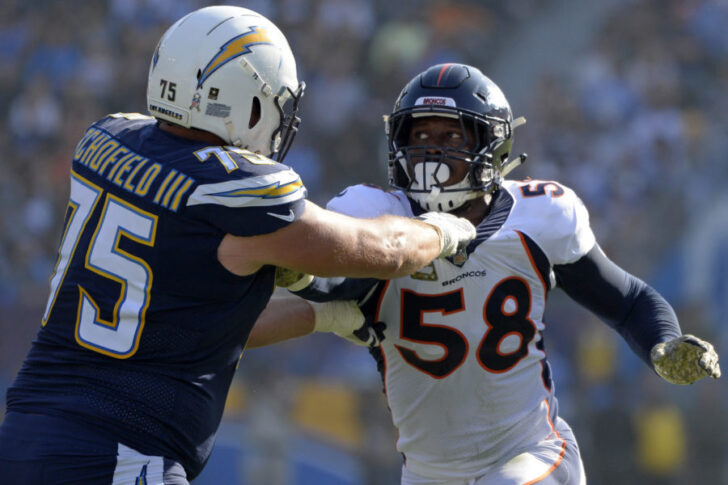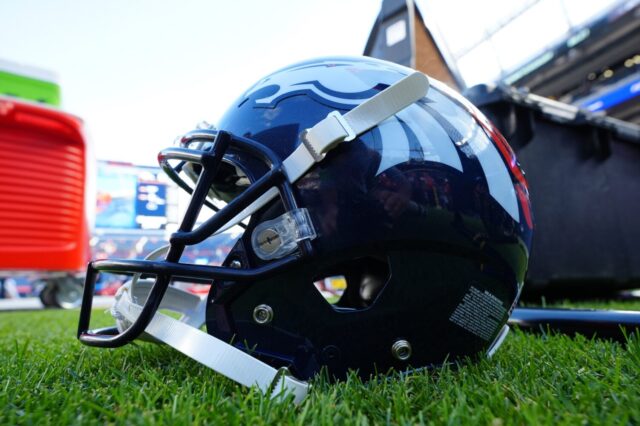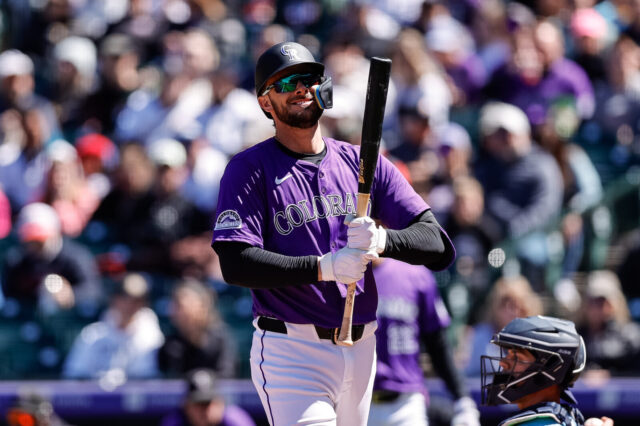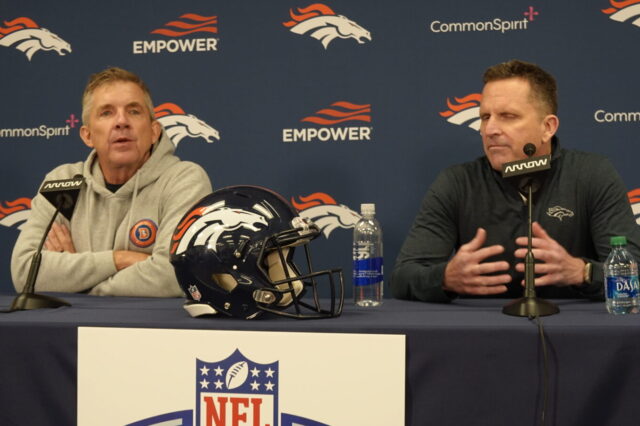Last week’s loss to the Raiders pushed the Broncos down to 6-9, securing that for the first time since 1972, the Broncos would have back-to-back losing seasons. It was the Broncos’ third-straight loss to a non-playoff team.
Since the three-game win streak that kept their playoff hopes alive, Denver has averaged just 14.7 points per game and have allowed 21.3 points per game. That means, on average, the Broncos are losing by a touchdown to some of the worst teams in football; the Browns, 49ers and Raiders. Denver’s opponents in the three games since their win streak have had a combined record of 12-28-1 this season against teams not named the Denver Broncos.
Though the Broncos aren’t the only ones limping their way to the end of the season. The Chargers have started to slow down some as well. Let’s look at three key numbers going into the season finale:
10: The amount of points the Chargers were able to score against the Ravens last Saturday night, a season-low. They also earned an overall, and offensive grade from Pro Football Focus under 60 for the first time all season. After being one of the most potent offenses in the league for much of the season, the Chargers’ hot offense has begun to cool off.
Los Angeles gone from scoring 27.5 points per game over the first eight games of the season, to scoring 26.43 over the last seven. That stretch of seven games even includes the Chargers’ two highest-scoring games (33 vs. PIT, 45 vs. ARI), and yet their offense has still declined. Remove those two games, and LA’s offense has averaged just over 21 points per game in the second half of the season.
Scoring isn’t the only part of the offense that has dropped off in recent weeks. Due to the losses to Melvin Gordon (now healthy) and Austin Ekeler, both of the Chargers’ leading rushers, the running game has taken a big hit. They went from averaging a league-best 128.9 rushing yards per game, to averaging 103.7 rushing yards per game. Removing the statistical outlier of 178 yards — which is almost 60 yards more than any of their other outing over the second-half of the season — brings the average all the way down to 91.3 yards per game.
27.6: The grade the Chargers’ offensive line earned in last week’s loss to the Ravens. The grade, similarly to LA’s scoring output, was the worst of the season for the team who’s already clinched a playoff berth. The Ravens managed to pressure quarterback Philip Rivers on 28 of his 46 drop-backs and sack him another five times.
This has been the trend for the Chargers as of late. Against the Chiefs, one week before their loss to the Ravens, the team earned their worst pass blocking grade (48.6) since Week 3. The Broncos will want to take advantage of that weakness this week, as Rivers has been close to unbeatable when kept clean. When not pressured, Rivers’ grade is 92.3, and when he is not blitzed that number jumps to 93.4. With added pressure though, Rivers’ grade drops all the way to 75.4, 15.7 points lower than his season average. When blitzed, it drops even further to 64.4, 26.7 points lower than his season average.
For the Broncos to win this game, they’ll have to turn up the heat, especially considering their battered secondary.
7: The number of Week 1 starters the Broncos will be without for this week’s game. Those players are: Two wide receivers, two tight-ends, two offensive lineman, and a cornerback. That makes up almost one-third of Denver’s starters, not including special teams. That third is made even more valuable by the players that Denver is missing.
The two receivers, Demaryius Thomas and Emmanuel Sanders, had been the Broncos’ leading receivers since 2014. In fact, those two were still the two leading receivers on the team until last week — despite the former duo missing a combined eight games on the season — when Courtland Sutton finally passed Thomas.
The two offensive lineman, Matt Paradis and Ronald Leary, were Denver’s best and most reliable lineman entering the season. Last season, they were the Broncos’ two highest-graded lineman overall and in pass protection according to Pro Football focus. They were also two of the three highest-graded run blockers on the line.
The cornerback, Chris Harris Jr., was having a near All-Pro caliber year. Harris remains the Broncos’ third-highest graded defender, and has the highest coverage grade among his peers. Harris’ impact, though, can most clearly be seen when looking at the Broncos’ coverage efforts on the whole, before and after he went down. Prior to Harris’ injury Denver’s average coverage grade was 64.8. Since his injury, the Broncos have yet to record a coverage grade over 63, and their average has dropped to 54.8. Denver needs to improve that number if they want to close out the season with a victory.
The Broncos play the Chargers Sunday, Dec. 30 at 2:25 MT, at Broncos Stadium at Mile High.



